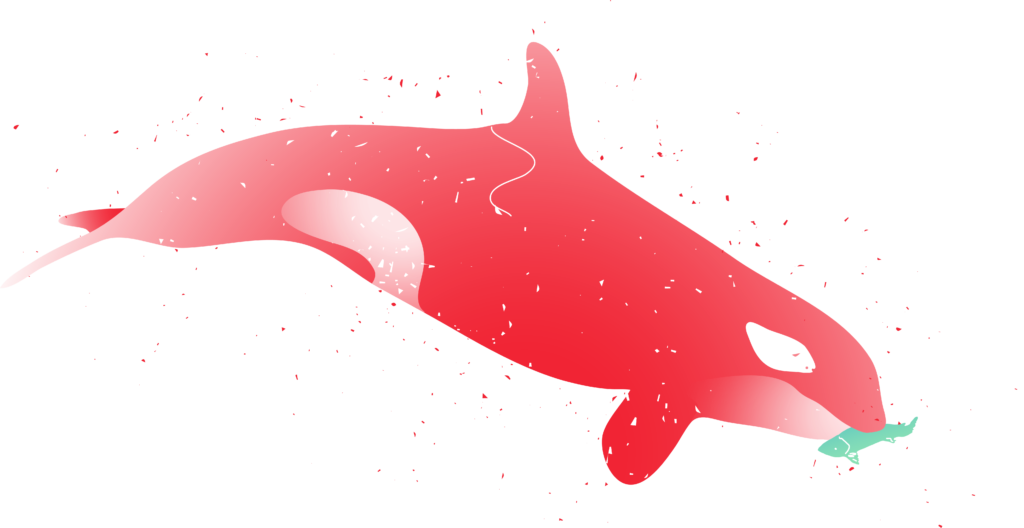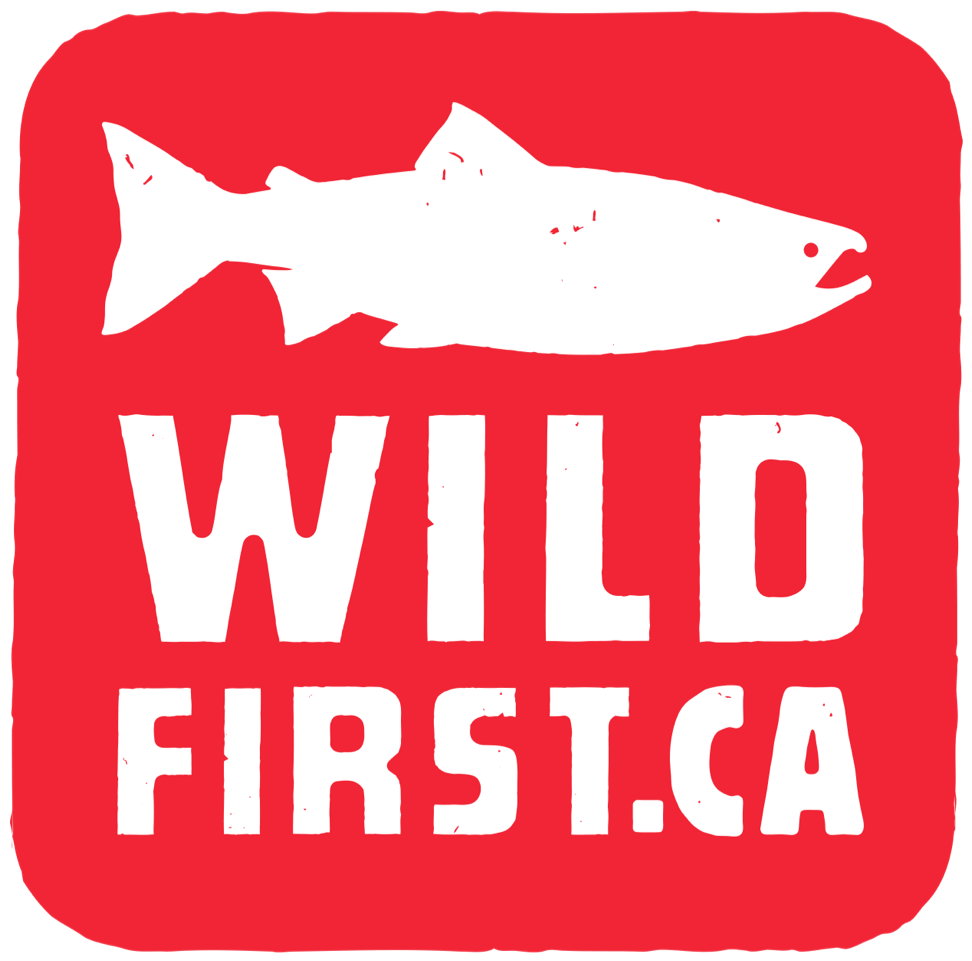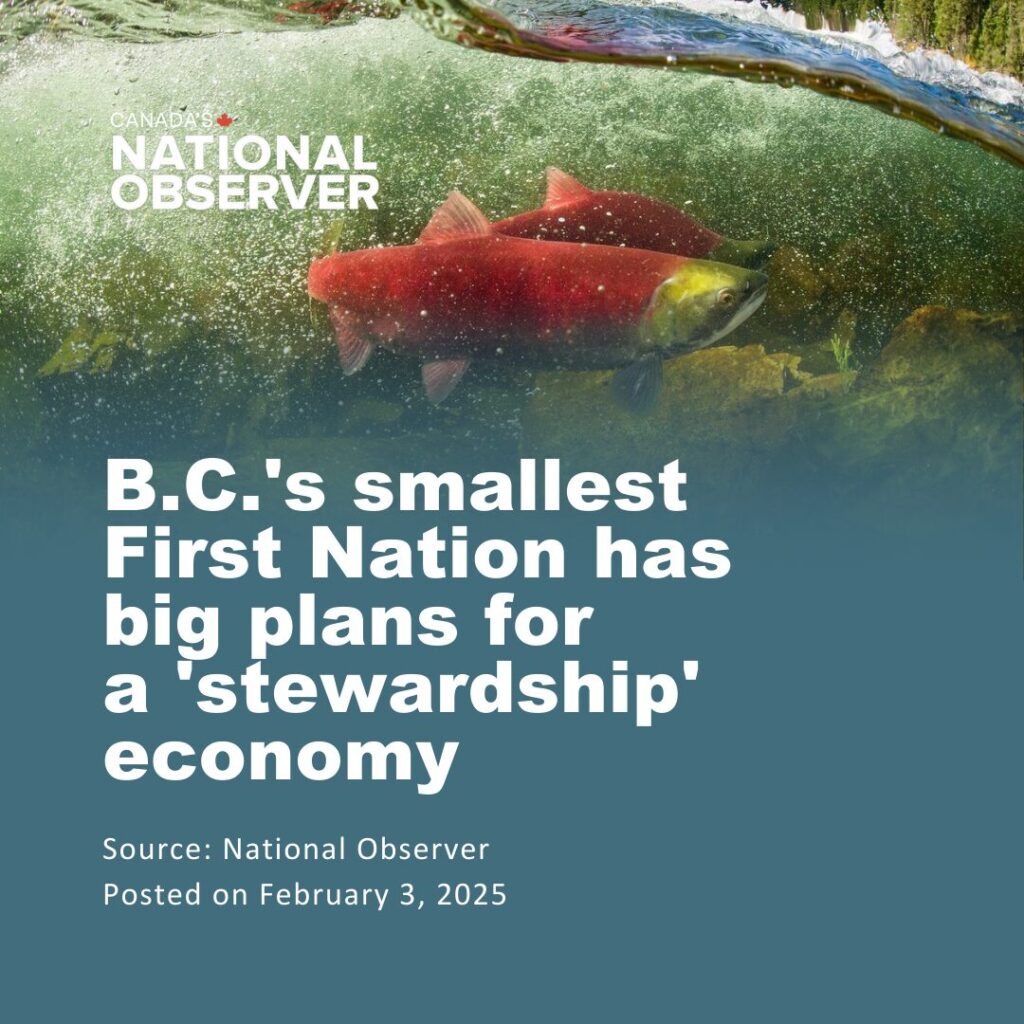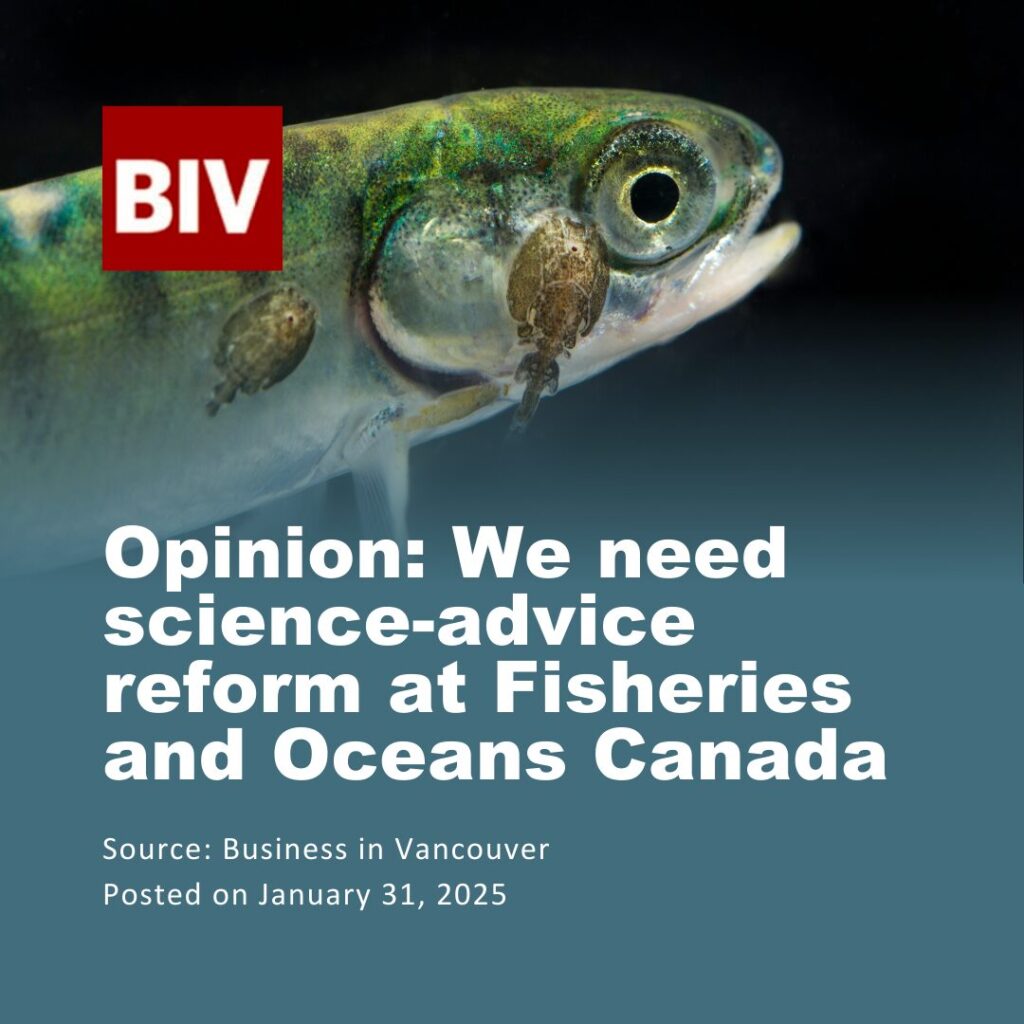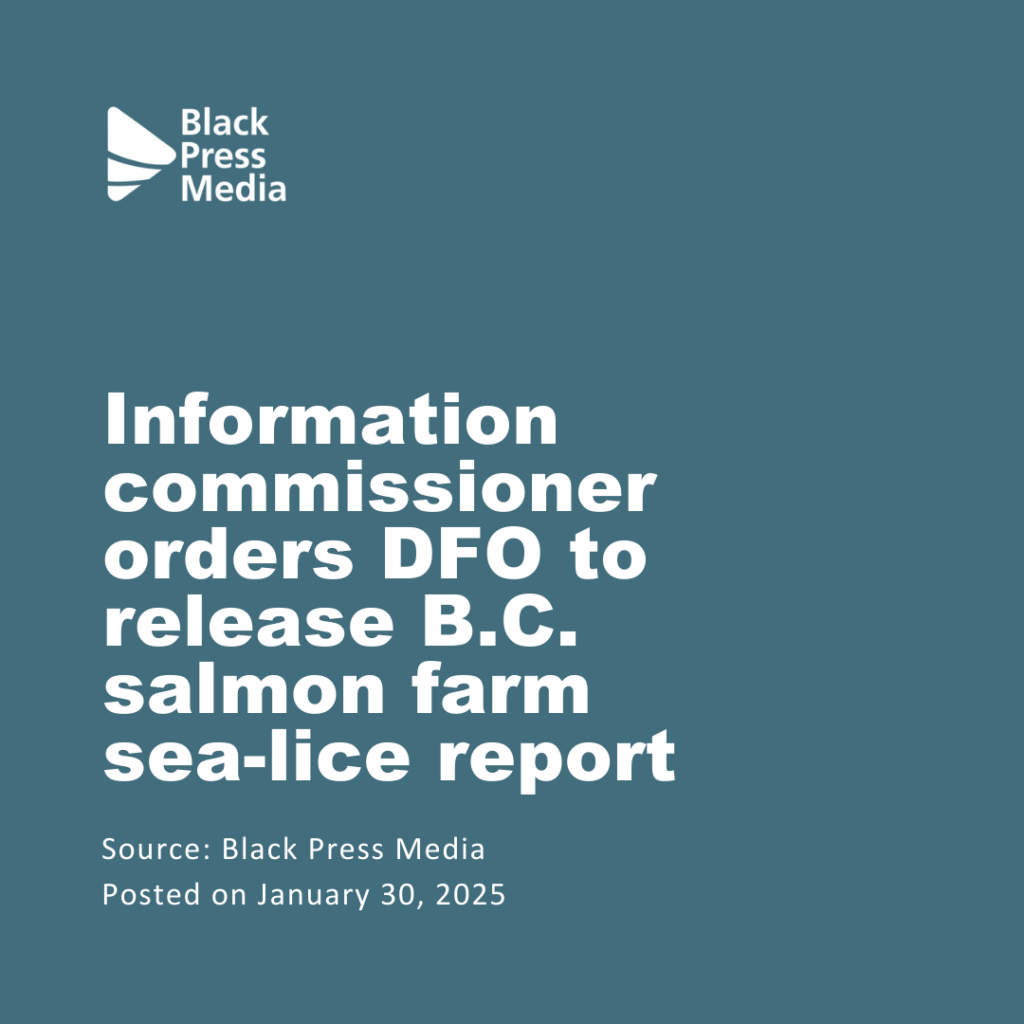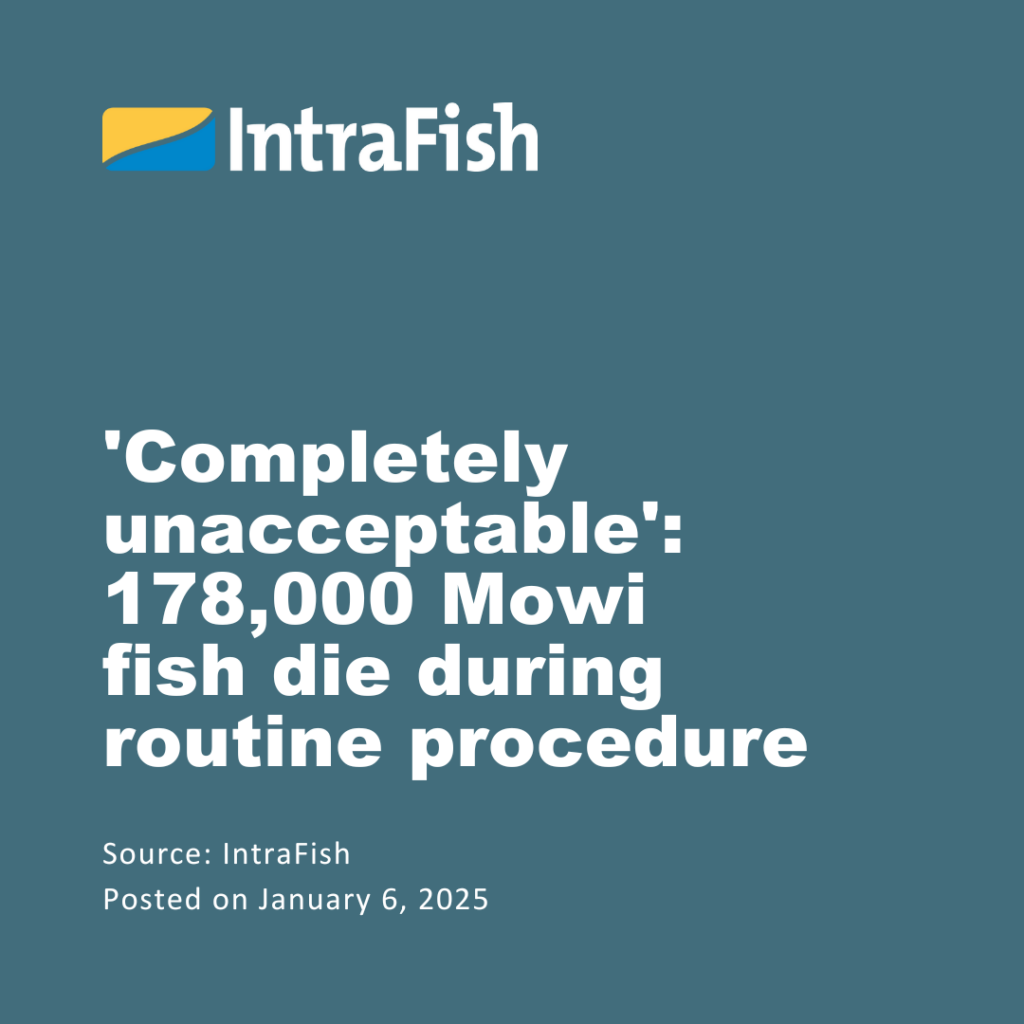Give wild Pacific salmon a fighting chance
The federal government’s survey on how to transition BC’s open-net pen fish farms needs your input by October 27
Help ensure all open-net pens are out of BC waters by 2025
Say no to band-aid solutions and open-net pen salmon farms. Click the link below for the survey and a helpful guide.
Open net pen fish farms threaten the survival of wild Pacific salmon
86% of British Columbians are concerned about declining wild salmon stocks. 75% of British Columbians support transition away from open net pen fish farms. (Insights West poll, July 2021)
For over 30 years, open net pen fish farms have been releasing parasites, pathogens & pollutants directly into wild Pacific salmon migration routes—with deadly consequences.
Hear from Robert Chamberlin, Chair of the First Nation Wild Salmon Alliance, on the importance of wild Pacific salmon to First Nations food security, culture and traditions. “90% of BC First Nations rely upon wild salmon. Wild salmon is far more than a menu choice, it is the foundation for culture, traditions and of course a staple traditional food and its becoming near impossible to obtain for these purposes.”
Hear from Dr. Gideon Mordecai (UBC) on the overwhelming evidence that PRV poses a risk to wild Pacific salmon and how that risk is amplified by open net pen salmon farms. Dr. Gideon references the recent Globe and Mail article showcasing that this evidence was suppressed for 10 years by DFO.
New research from UBC, the Department of Fisheries and Oceans, Genome BC and Pacific Salmon Foundation confirms that farmed Atlantic salmon are the source of PRV (piscine orthoreovirus) in BC waters.
Dr. Kristi Miller-Saunders (DFO scientist) on the devastating impact of Tenacibaculum on wild Pacific salmon.
Wild First Voices
Chef Carmen Ingham
Executive Chef at Wickaninnish Inn Tofino
“There’s nothing in my mind that’s more important than wild salmon,” says Chef Carmen Ingham, Executive Chef at the Wickaninnish Inn.
First Nations leaders
First Nations across BC
Wild Pacific salmon are integral to Indigenous culture, traditions and livelihoods. Hear from First Nations leaders across BC on why we must protect this essential species.
Rick Hansen
Founder, Rick Hansen Foundation
Rick Hansen, founder of Rick Hansen Foundation, on the urgent need to work together to protect wild Pacific salmon. Join the movement and sign the Wild First Pledge.
Nicole Holman
Tofino
Nicole Holman of Clayoquot Action on the need to end the pens to protect communities dependent on wild Pacific salmon. “This is for a better future.”
Fiona Beaty
PhD Candidate
Hear from Fiona Beaty, PhD Candidate, UBC Department of Zoology, on taking action to remove open net pen fish farms from BC waters.
Robert Chamberlin
Chair, First Nation Wild Salmon Alliance
Bob Chamberlin, Chair of the First Nation Wild Salmon Alliance, on what’s at stake if open net pen fish farms remain in BC waters.
The way forward
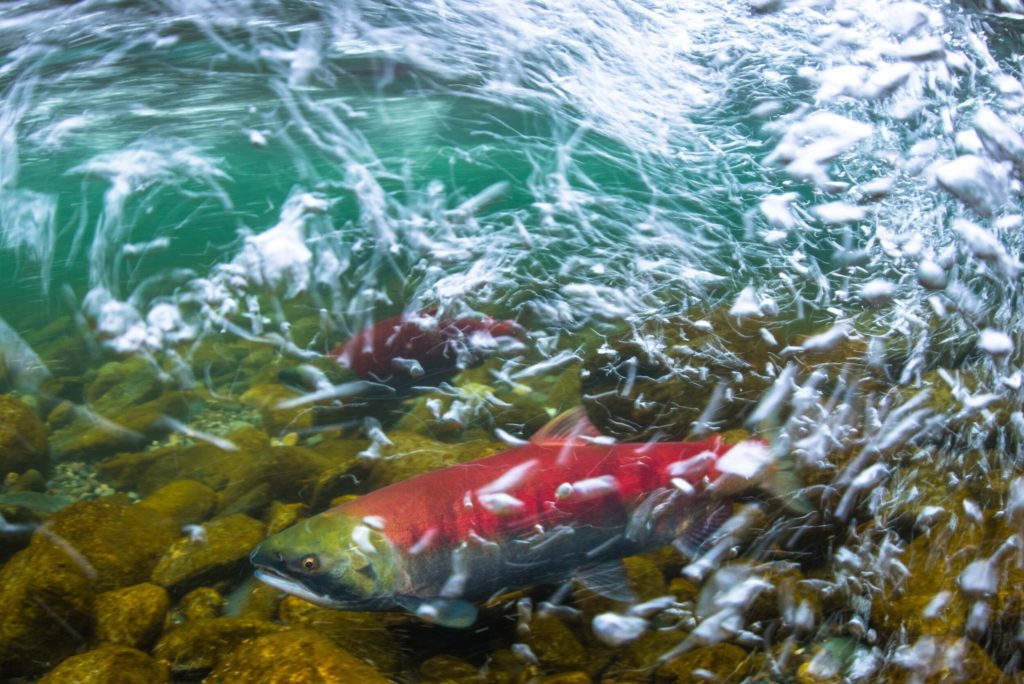
The federal government has mandated that it will work with the province and Indigenous communities to create “a responsible plan to transition from open net pen salmon farming in coastal British Columbia waters by 2025.”
But open net pen fish farmers are resisting this mandate. Meanwhile, these fish farms continue to spread parasites and diseases into BC waters, with devastating consequences for communities and ecosystems across the province.
Years in the making
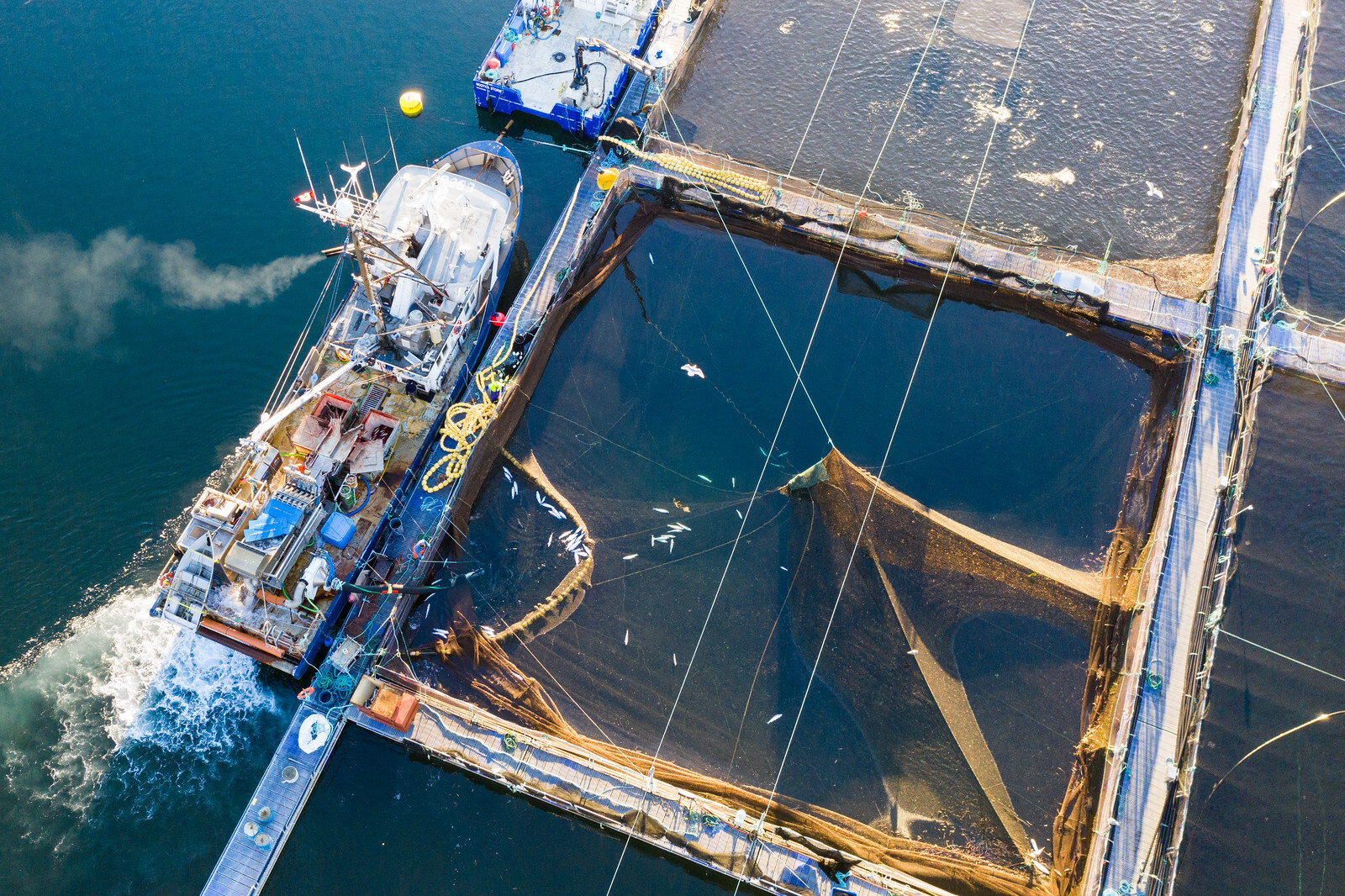
The transition away from open net pen fish farms has been years in the making.
The effects of open net pen fish farms on wild Pacific salmon have been well researched and documented for decades. Open net pen fish farm companies have had extensive notice that a transition to modern sustainable aquaculture, through land-based closed containment, was coming.
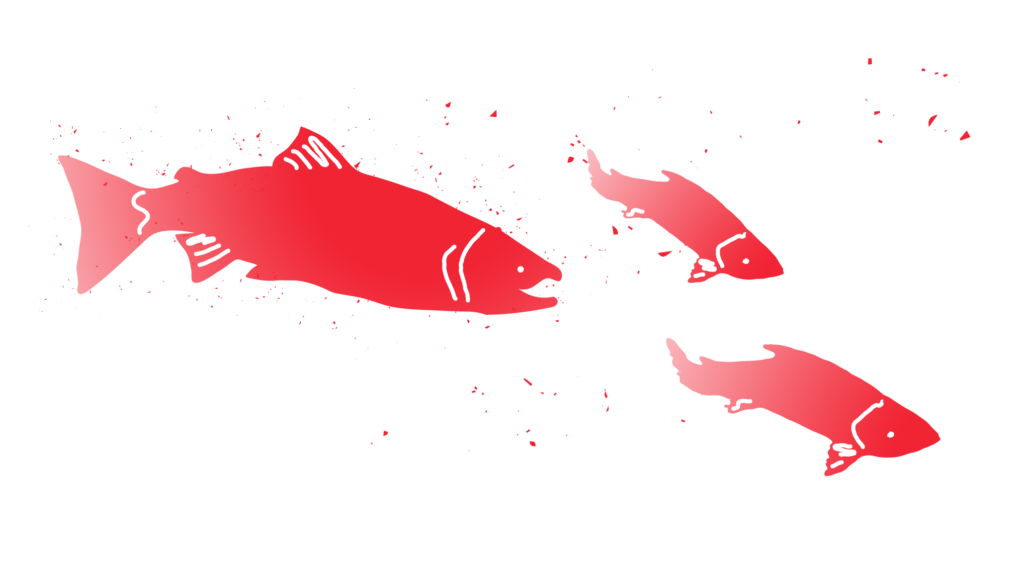
Follow @wildfirstcanada
